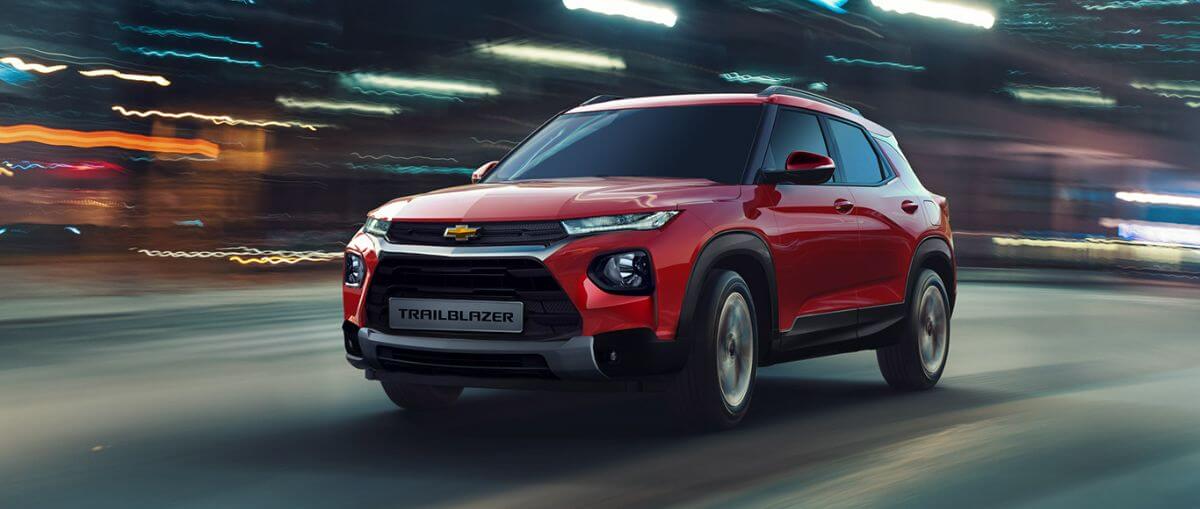Overview
- Long-distance driving clears your car’s engine and promotes optimal lubrication and circulation of engine oil.
- Consistent motion during long drives helps keep your tires in good shape, preventing misshaping, dry rot, and cracking.
- It also provides an opportunity for efficient charging of your car’s battery, ensuring a substantive charge and guarding against starting issues.
Are you a passionate road-tripper who loves to hit the open road and embark on long drives to explore new destinations? Or perhaps you occasionally find yourself wondering if those lengthy journeys are beneficial for your cherished automobile.
Whether you’re a road warrior or simply curious about the impact of long drives on your vehicle, this article sheds light on the question: are long drives good for your car? So, fasten your seatbelts to uncover the truth about the effects of long drives on your four-wheeled companion.
Why is Long-Distance Driving Good for Your Car?
Long-distance driving can provide numerous benefits for your car’s overall health and performance. Let’s discover its benefits for your cherished vehicle.
Clears Your Car’s Engine
Driving long-distance maintains the health of your vehicle’s engine, as it facilitates the comprehensive circulation of engine oil, mitigating friction and ensuring optimal lubrication for various components.
By allowing the engine to reach an ideal operating temperature, the wear and tear are minimized. This contributes to an extended overall lifespan of your vehicle. For diesel engine users, this helps in breaking down carbon deposits—promoting efficient functionality, and preserving the engine’s performance.
Keeps Your Tires In Good Shape
The consistent motion of your car prevents tire misshaping, dry rot, and cracking. This ensures that tires remain pliable, enhancing safety and a smoother driving experience.
So, before taking your car outside, conduct a thorough inspection of tire pressure, as it plays the primary interface between your vehicle and the road.
Charges Your Battery Well
Long drives are a strategic opportunity to maintain your vehicle’s battery health. It facilitates efficient charging, with higher RPMs expediting the process.
Allocating a minimum of 30 minutes on highways or motorways ensures a substantive charge for your car’s battery. This guards against unexpected starting issues, assuring a reliable ignition each time you initiate the engine.
How to Prepare Your Car for a Long-Distance Trip
Ensuring that your car is well-prepared for an extended journey is important to guarantee a safe and pleasant experience.
Discover the straightforward steps to adequately equip both yourself and your vehicle for the upcoming adventure.
Check Tire Pressure
It’s critical to check and adjust your tire pressure according to the load you’ll be carrying. Look for the tire pressure sticker in the door jamb or fuel filler door for recommended levels.
Proper inflation is not only vital for preventing tire damage but also ensures a safer and more comfortable travel experience.
Check Oil Level
Maintaining the correct oil level is a crucial step in preparing your car for a long-distance trip. Ensure the oil level is at least halfway or slightly above the recommended marker. While a gradual decrease in oil level is normal, maintaining an adequate amount is essential for optimal engine performance and longevity.
This routine check ensures a smooth and trouble-free journey, supporting the efficiency of your engine throughout your trip.
How to Decrease Wear During Long Trips
Long trips can put extra stress and wear on your vehicle, but there are ways to minimize these effects. By implementing these measures, you can reduce the wear and tear on your vehicle, ensuring a longer lifespan and more enjoyable trips in the future.
Cruise Control
Engaging cruise control during highway drives offers a sophisticated approach to managing your vehicle’s engine and transmission through the advanced Engine Control Unit (ECU).
This intelligent system not only ensures precise control but also minimizes wear on crucial components, contributing to the overall longevity of your vehicle. By optimizing efficiency and fuel utilization, cruise control plays a pivotal role in maintaining peak performance over extended journeys.
By incorporating cruise control into your driving routine, you not only enhance the durability of your vehicle but also guarantee sustained and well-maintained performance throughout the entirety of your long-distance trips.
Speed Limit
Adhering to speed limits is paramount for reducing wear and tear during prolonged journeys. Excessive speeds, exceeding 150mph, strain essential vehicle components.
Maintaining a speed range of 70-85 mph, considered optimal for most cars, promotes efficiency. That’s why it’s pivotal to settle your cruise control around 80mph aligning with recommended speeds, fostering a smooth and wear-resistant travel experience.
Key Takeaway
Are long drives good for your car? It offers more than scenic routes. This allows crucial fluids to circulate, prevents tire issues, and keeps the battery charged. You can now embrace the road at ease, as it becomes a partner in enhancing your car’s performance.
Capture the chance to dive into a Chevrolet adventure. Navigate our website or connect with us here to uncover the perfect Chevy tailored to your needs. Begin crafting unforgettable memories, whether you’re venturing solo or with cherished companions on the road.

